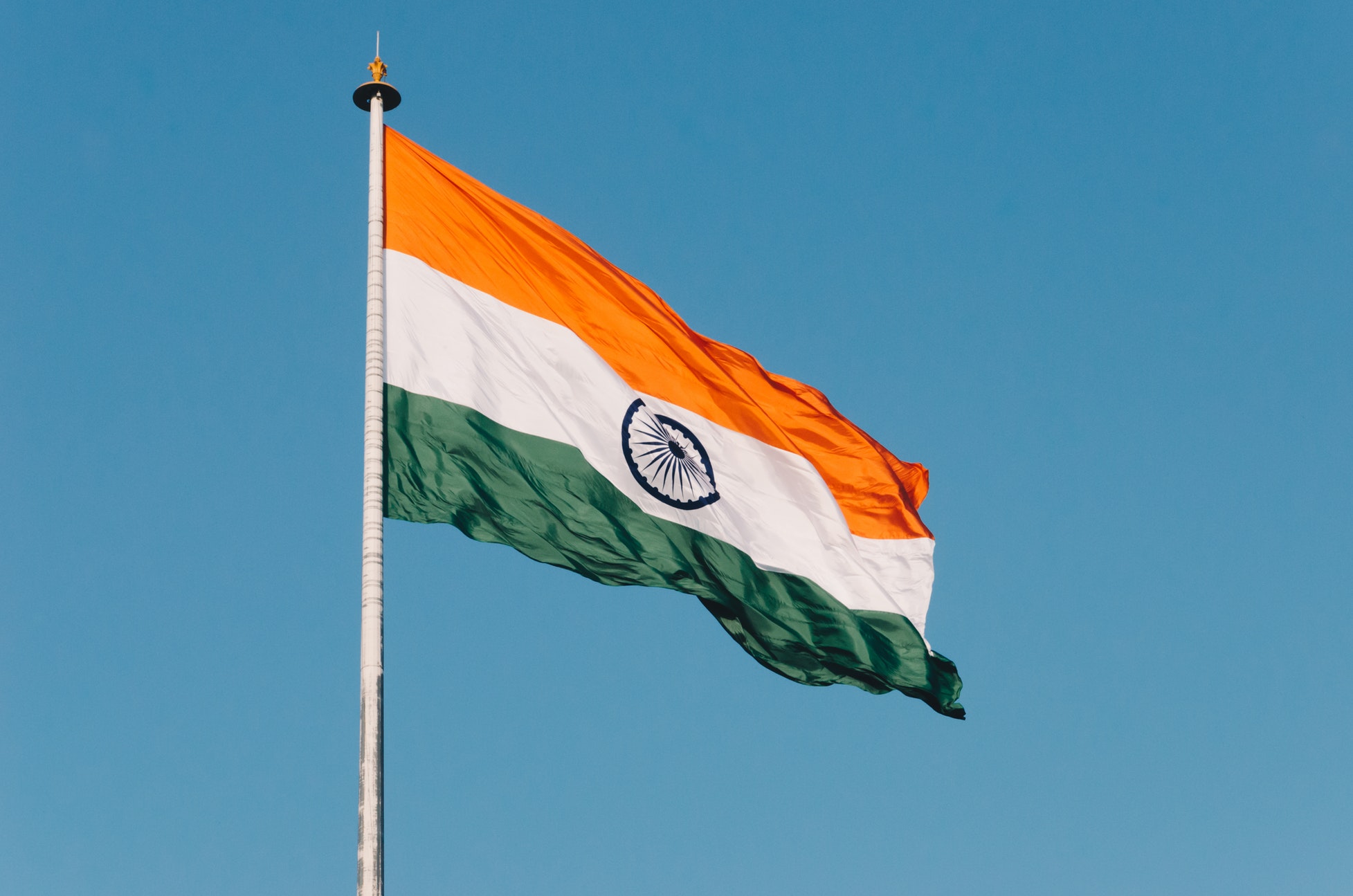The trade war between China and the US was sparked by the tariffs imposed by both countries, and this retaliation has affected many nationals and Filipinos are not an exemption. Trade tensions have affected Filipino investors, as well as those in developing countries.
Some quarters believe that China is a considerable beneficiary of globalization, and the US wants to tear down this achievement by imposing hefty tariffs on Chinese products.
Nevertheless, the trade war being witnessed had made President Trump tighten visa regulations on foreign workers. As a result, Filipinos may find it tough to secure work opportunities in the United States.
Filipino investors hit by the trade war
Filipino investors in the manufacturing industry develop electronics such as semiconductors that they export to Chinese companies. Consequently, these products are assembled and exported to the US and various developed markets.
The trade war can, therefore, adversely affect these Philippine exports because China exports the end products to the US.
Conversely, the US outsources incredible work to the Philippines. Filipino workers might, therefore, be disadvantaged by the high tariffs to be imposed on outsourcing.
Expressly, the outsourcing sector comprises of computer-generated imagery, knowledge processing, and customer relations call centers, among others.
The notion depicted is that the trade war has created uncertainty among Filipinos working overseas, as well as Filipino companies trying to thrive in the worldwide supply chain.
Resiliency despite adverse conditions
Globalization has considerably benefited many nations, such as the Philippines. Foreign capital inflows from Filipinos working across the world is a considerable source of government revenues.
Conversely, the Philippines can propel itself despite the presence of the trade war by thrusting the domestic market in various sectors, such as agriculture and manufacturing. For instance, Philippine SMEs are expected to make incredible investments in digital technology.
The tides of fortunes may change for many nations, but the Filipino people have remained the same, resilient and skillful due to its colonial experience.
In 1935, the Commonwealth of the Philippines was established with U.S. approval, and Manuel Quezon was elected the country’s first president. On July 4, 1946, full independence was granted to the Republic of the Philippines by the United States.







